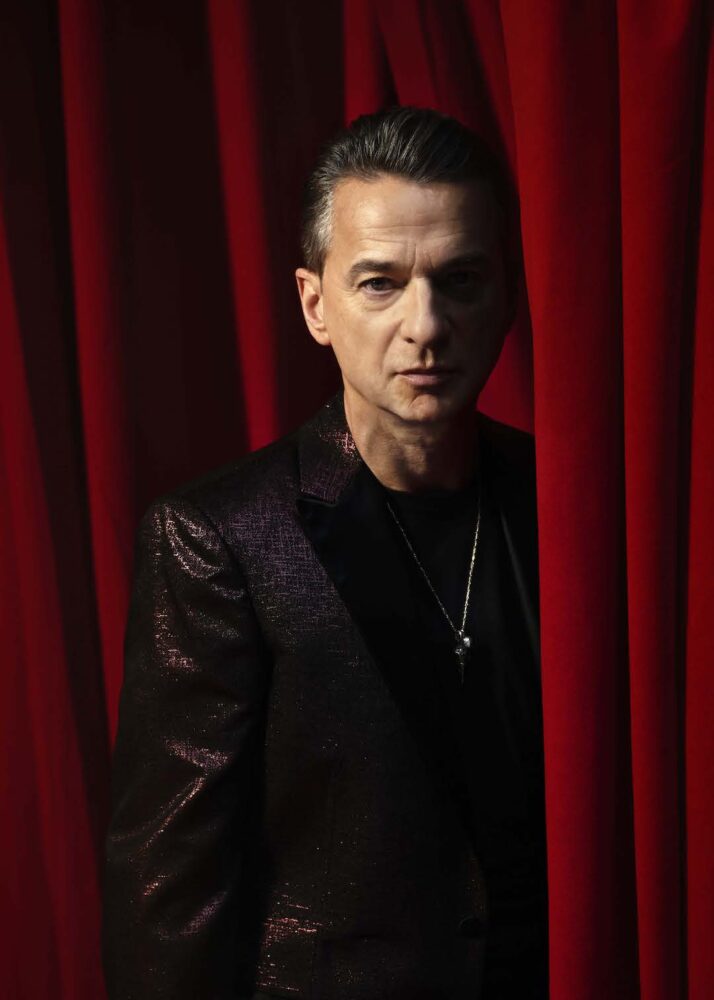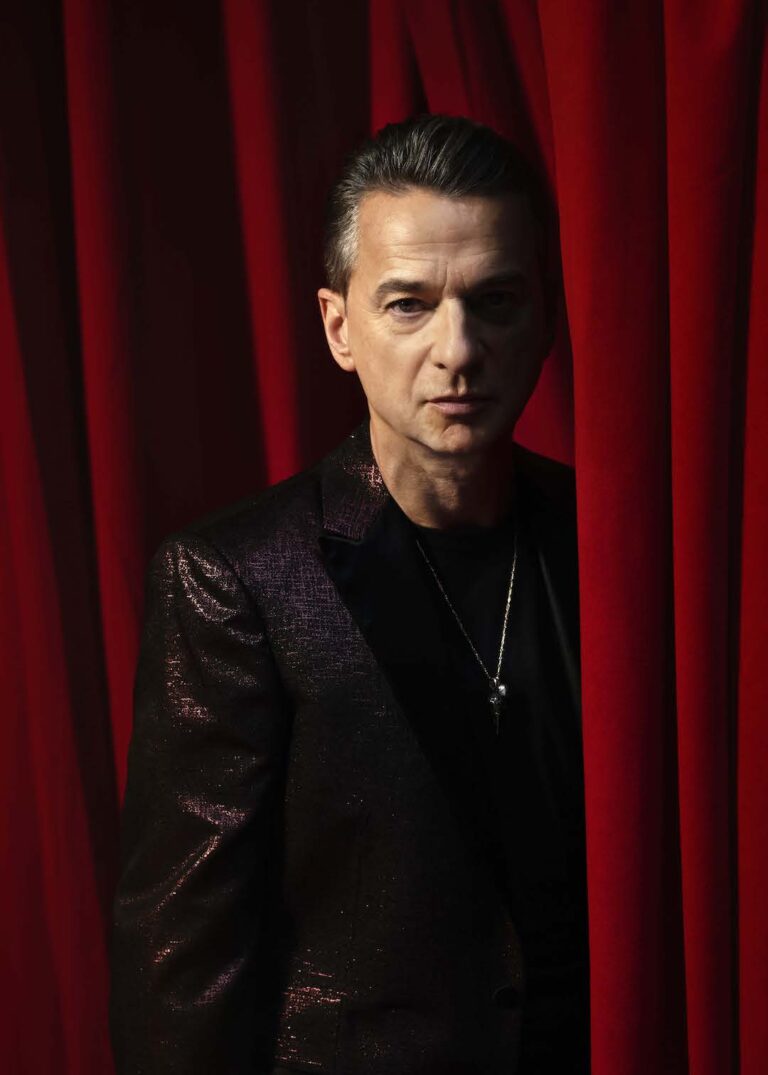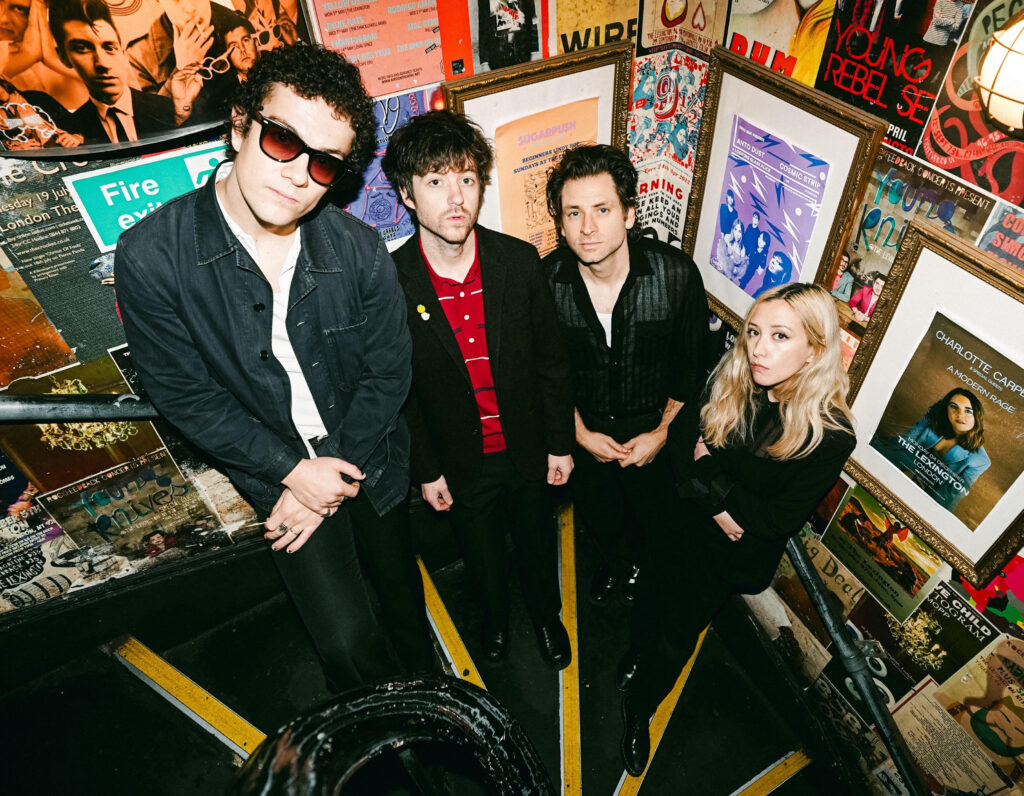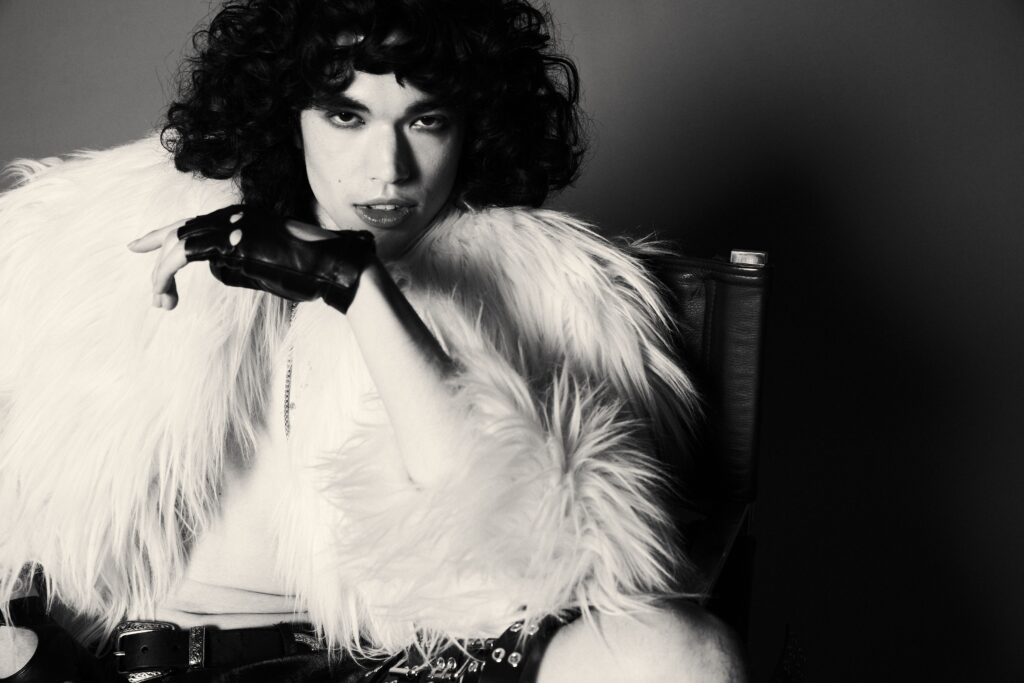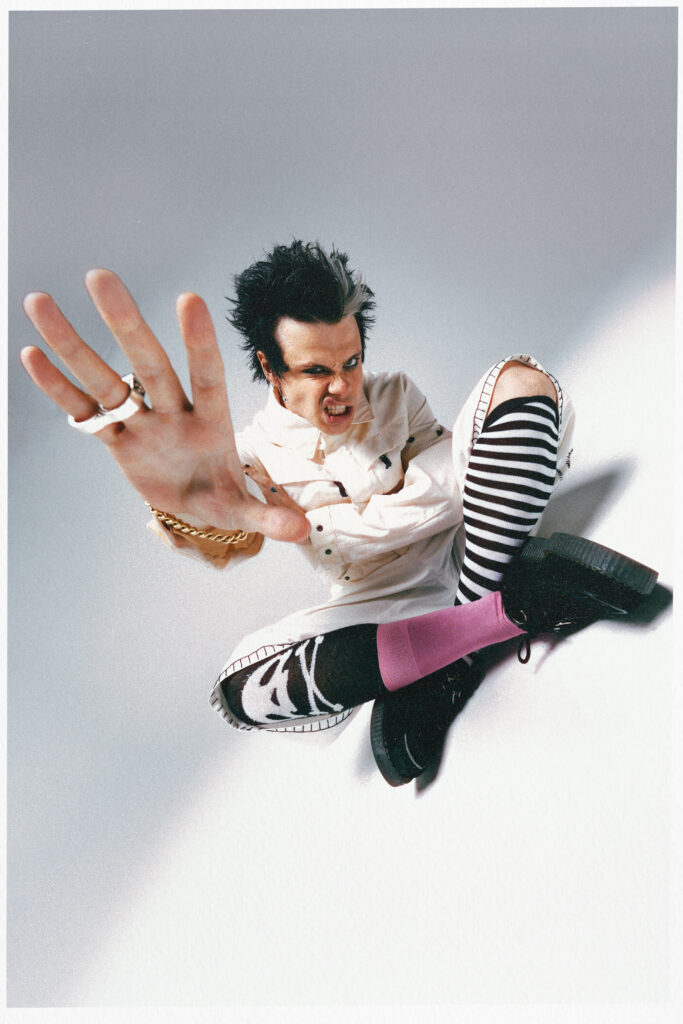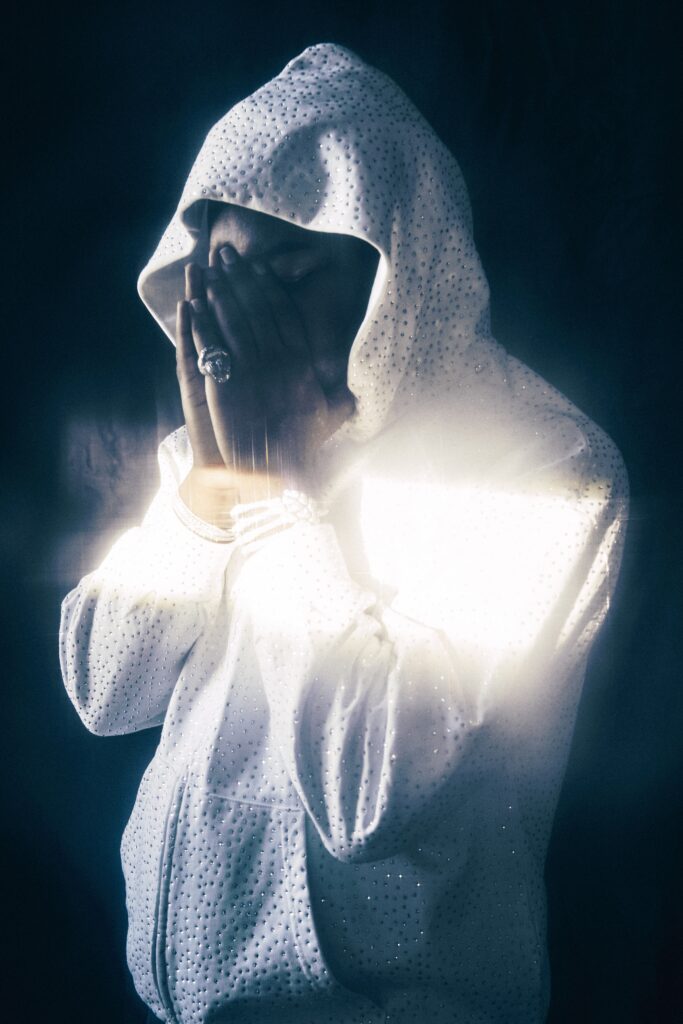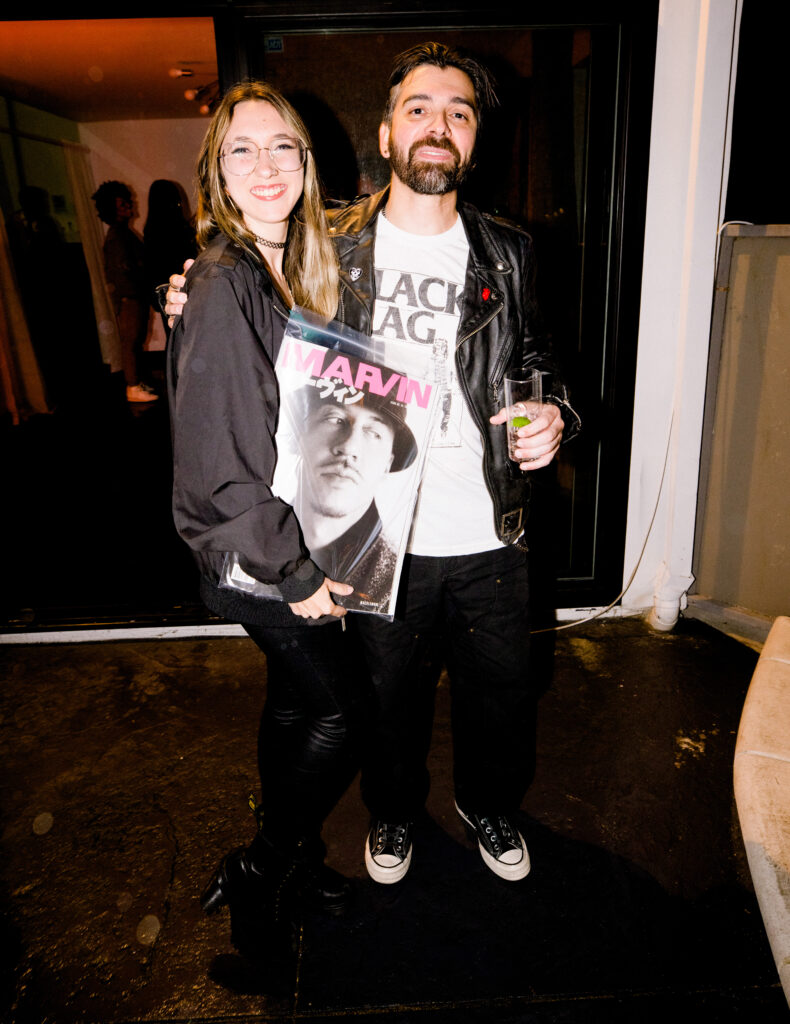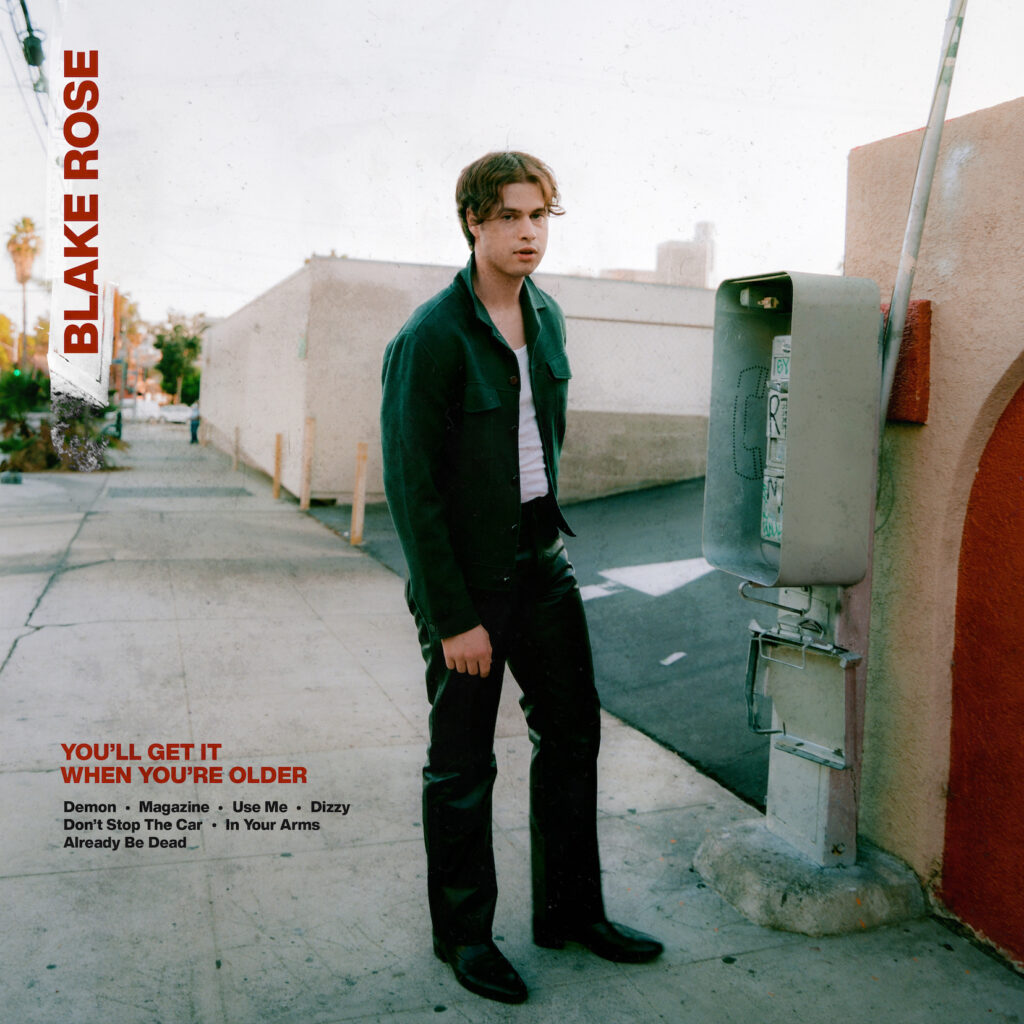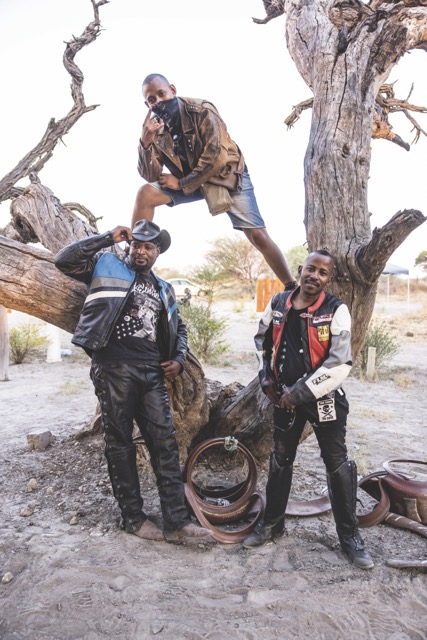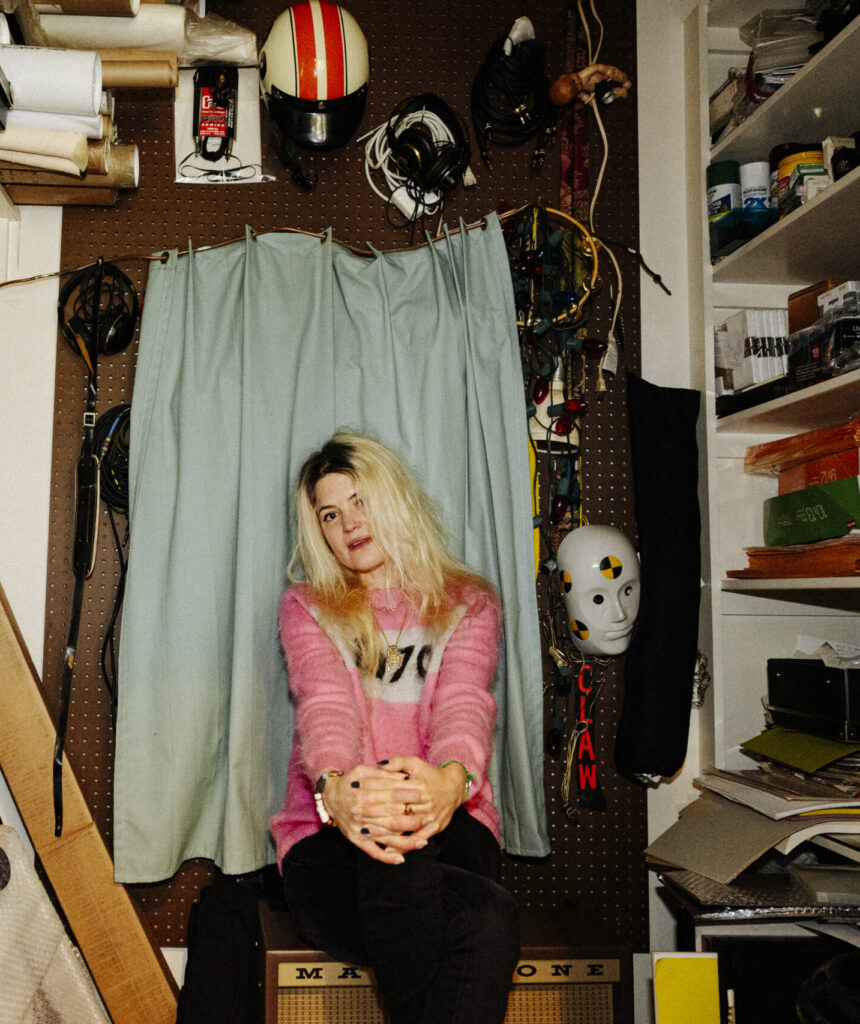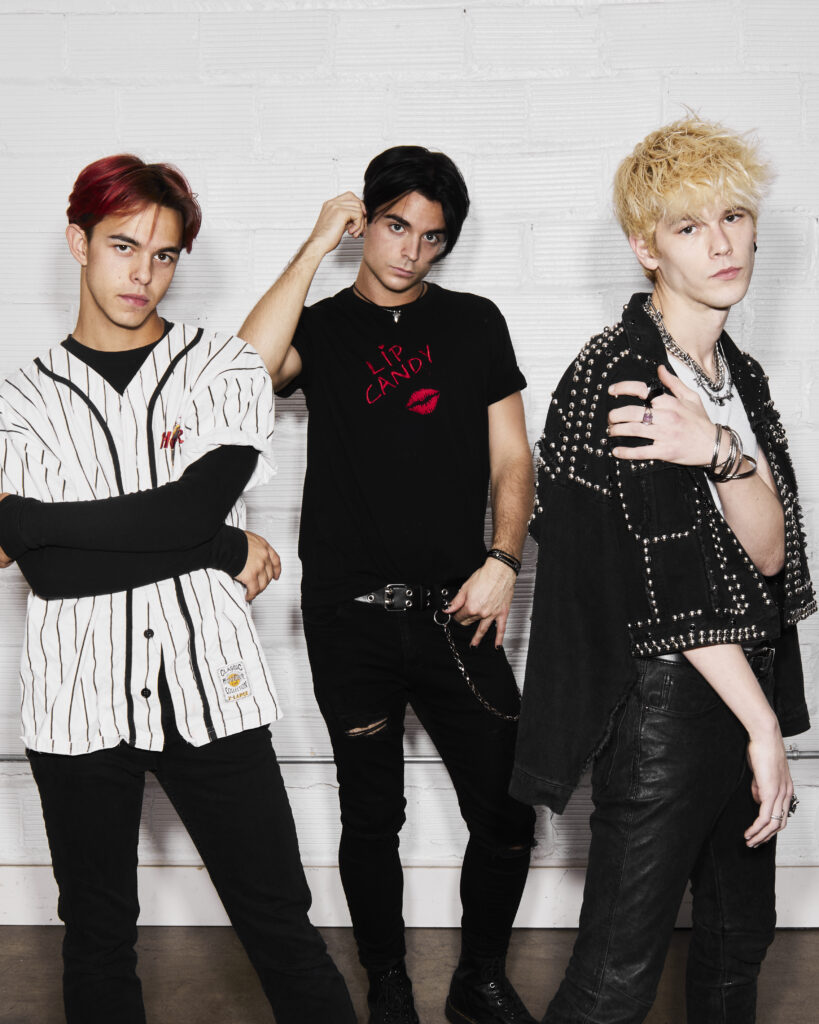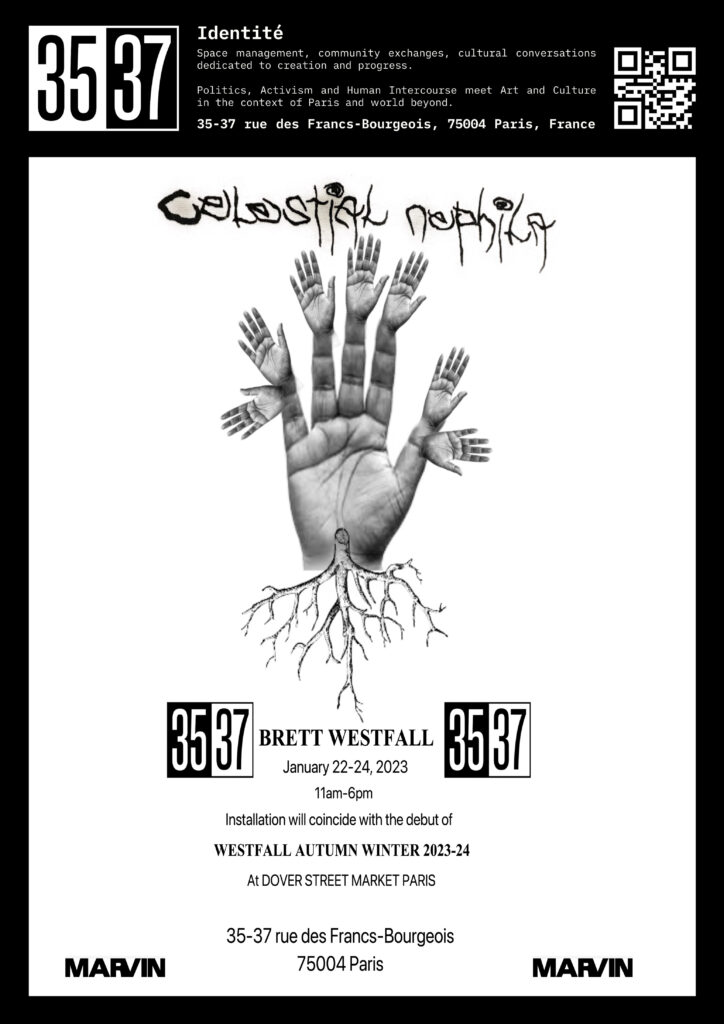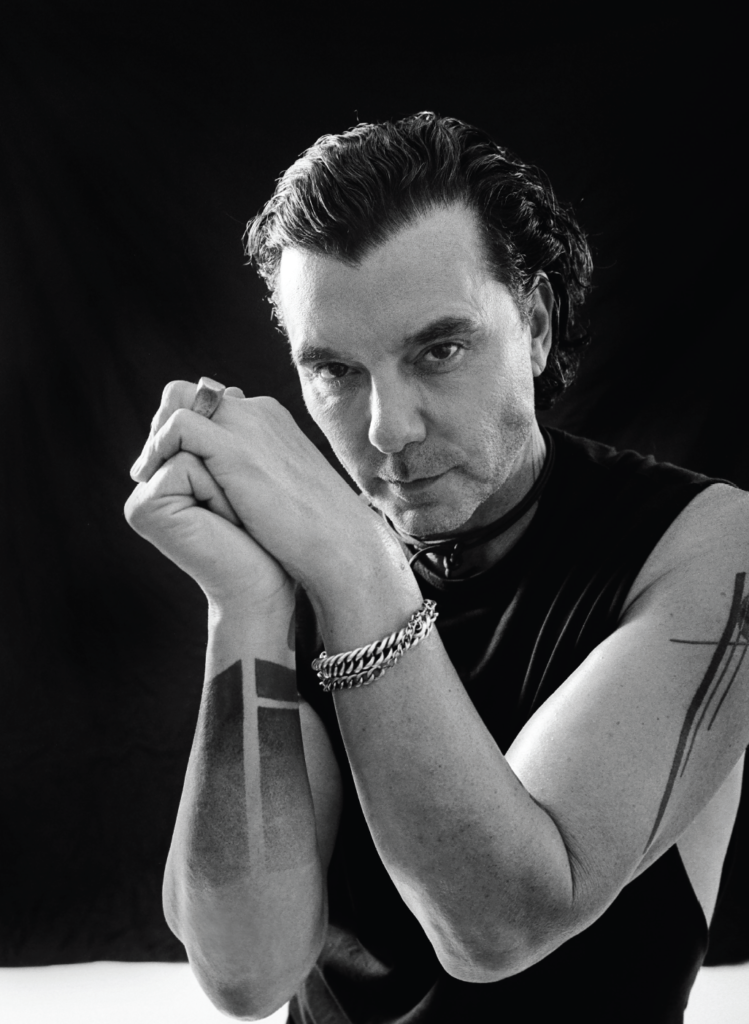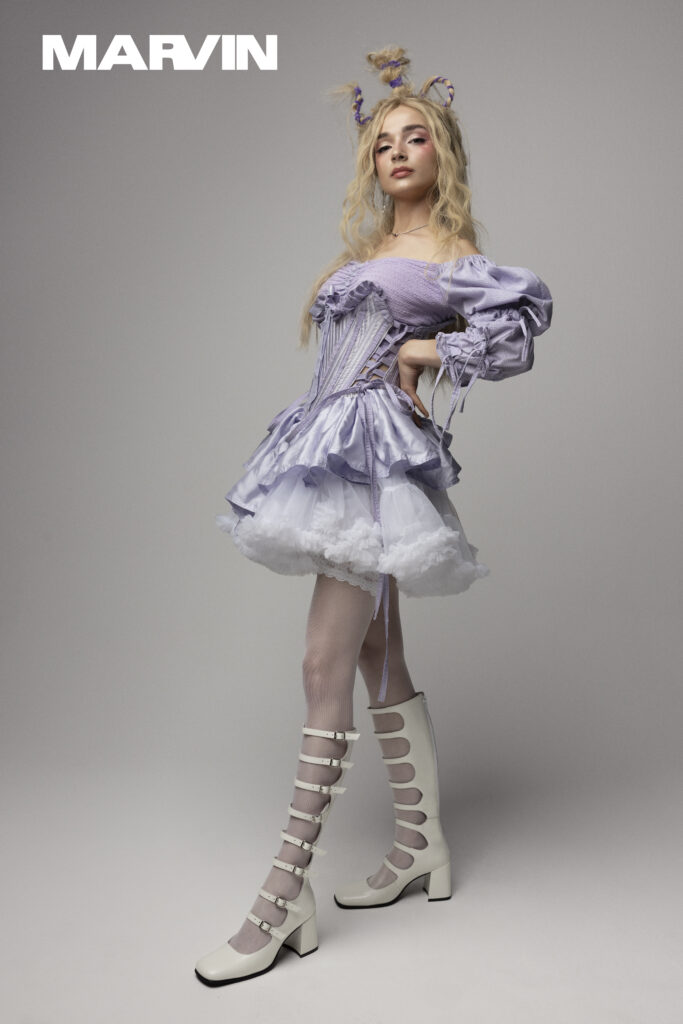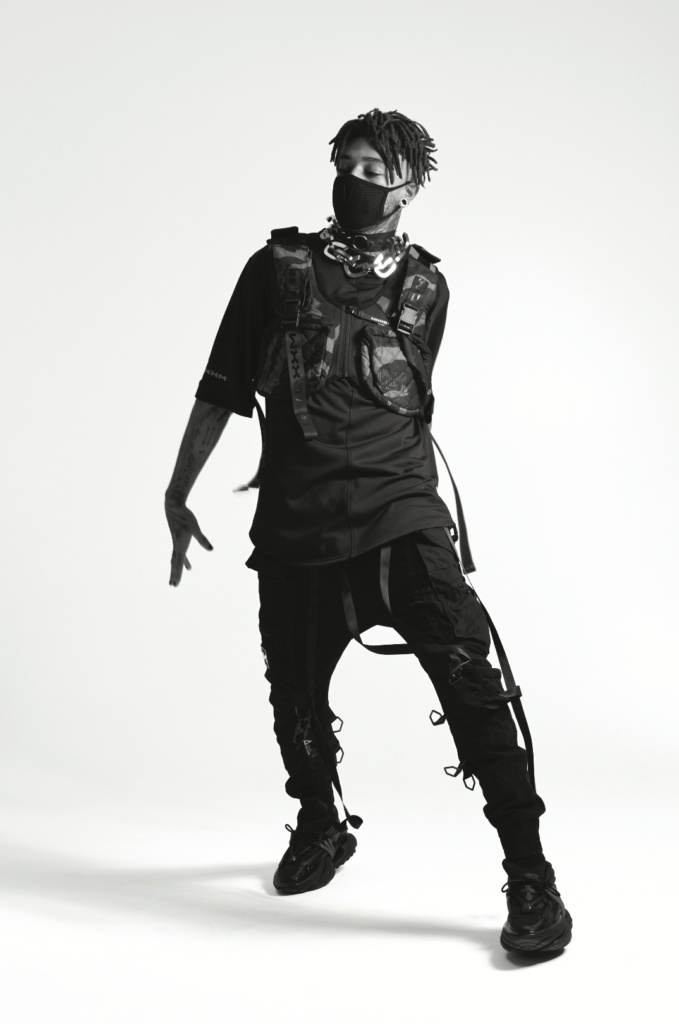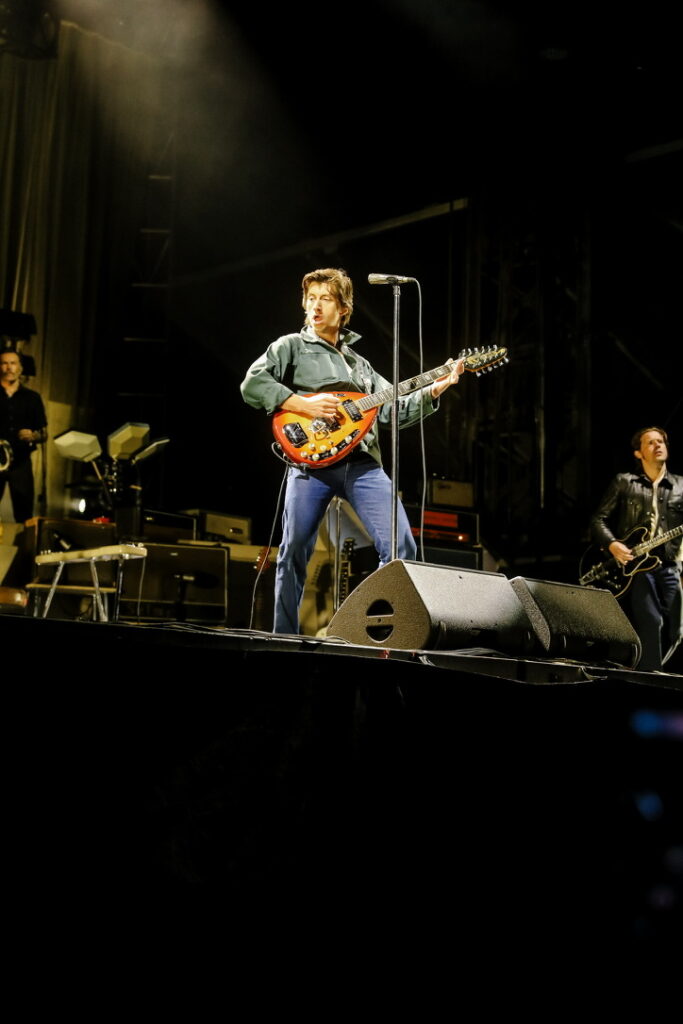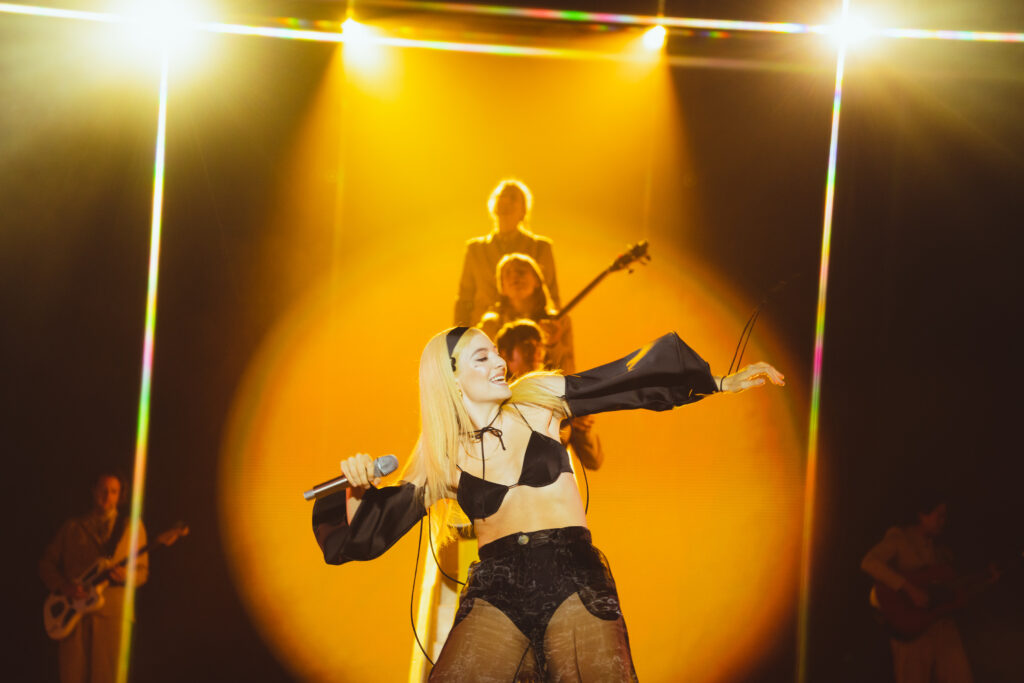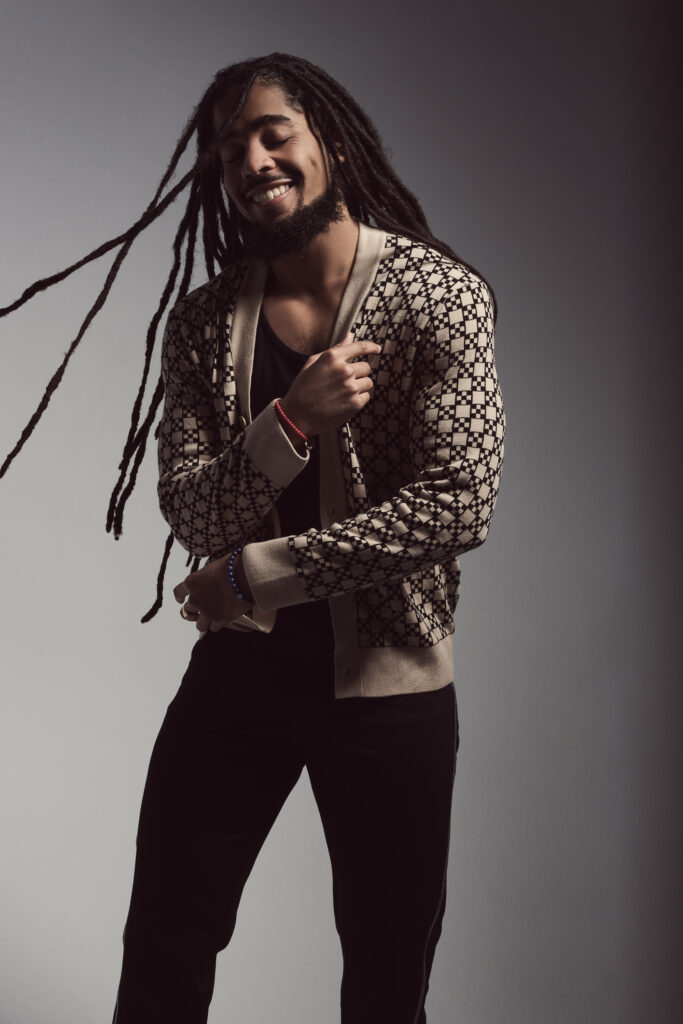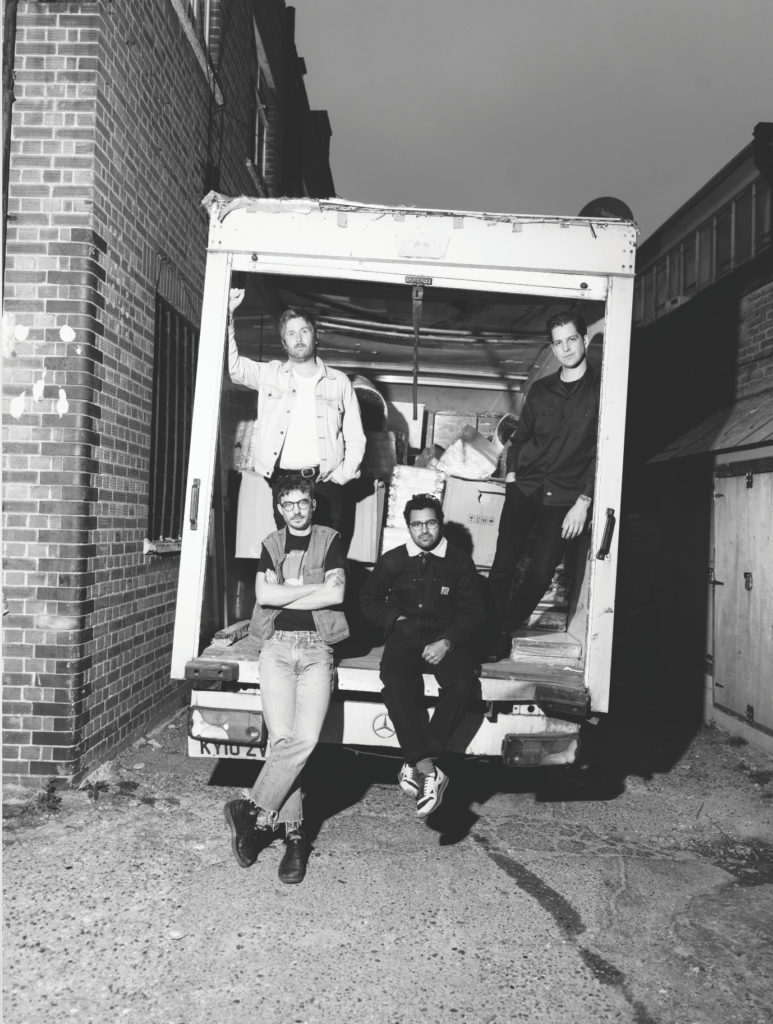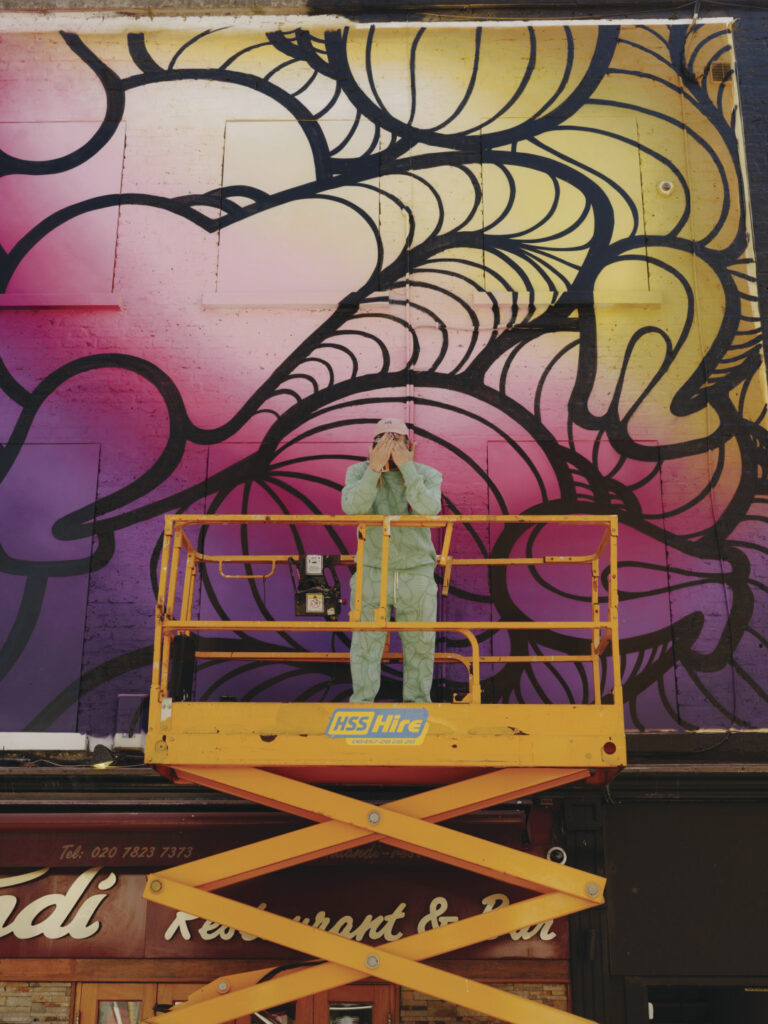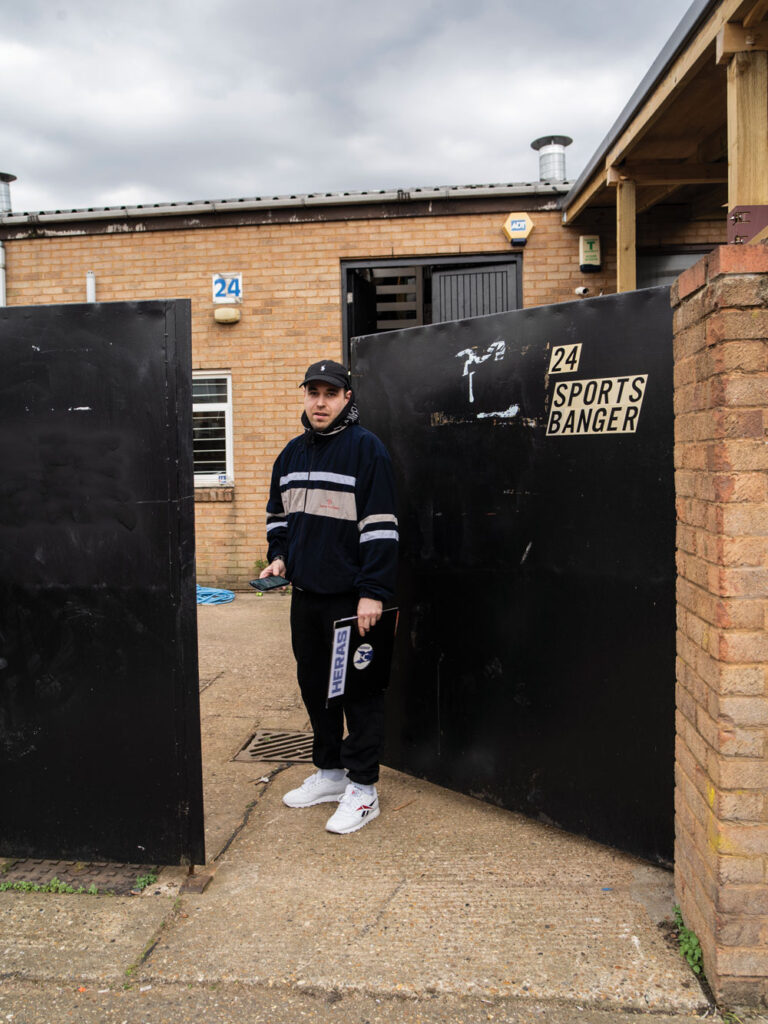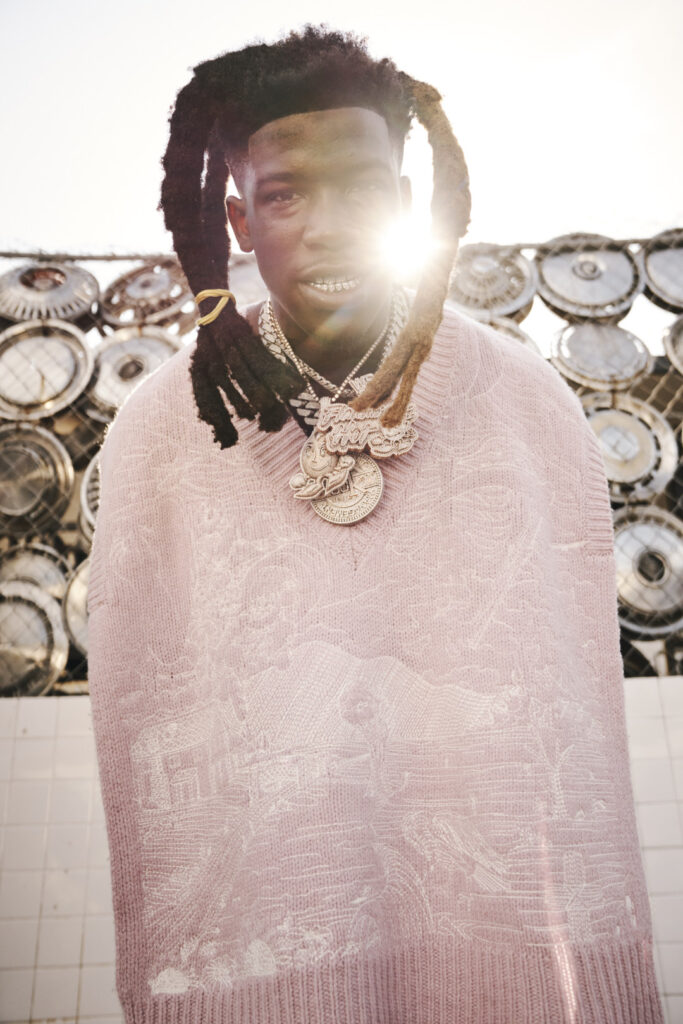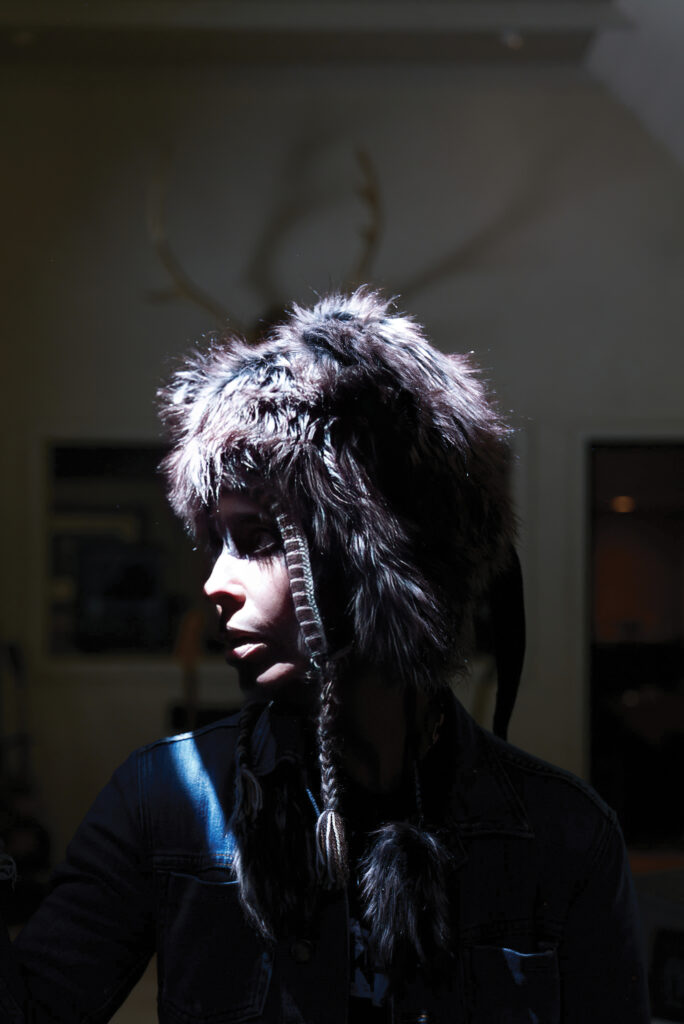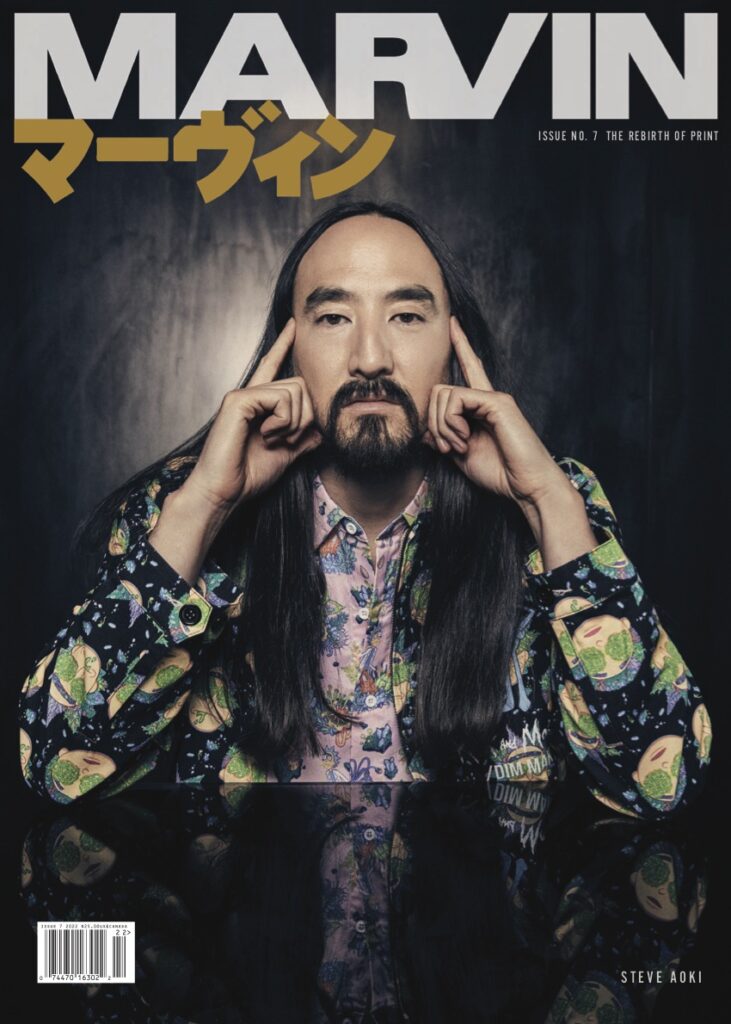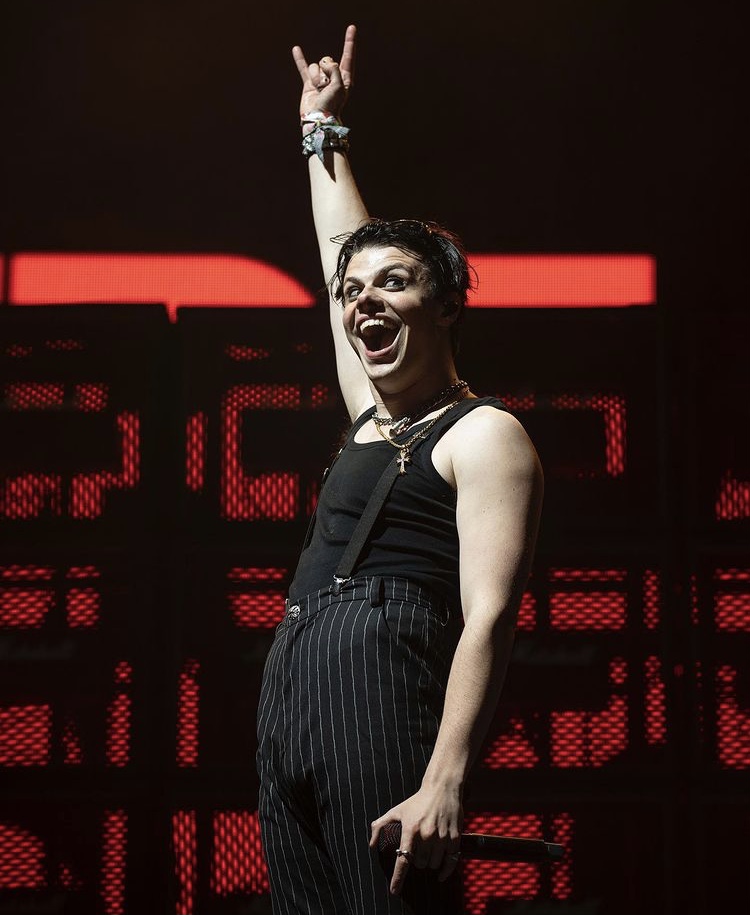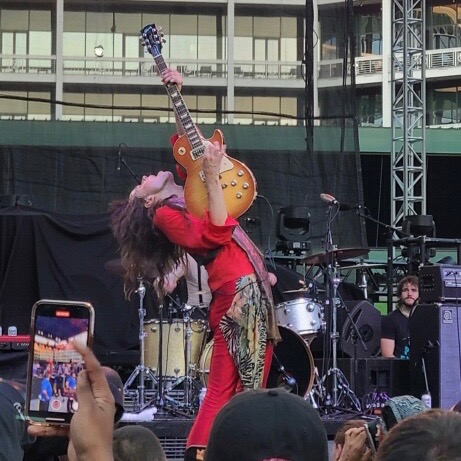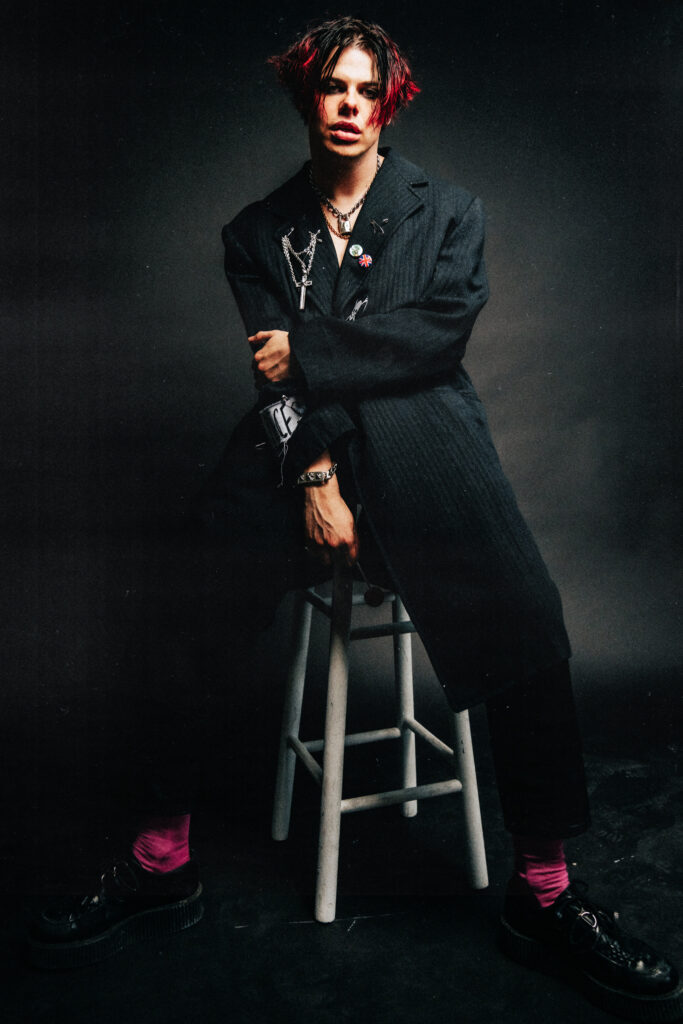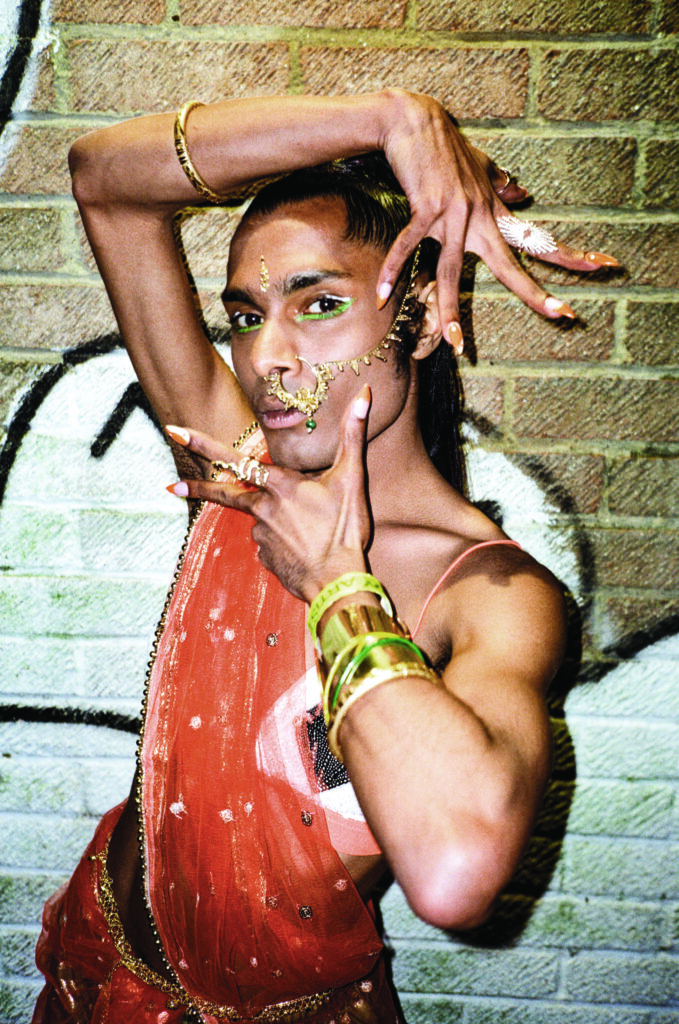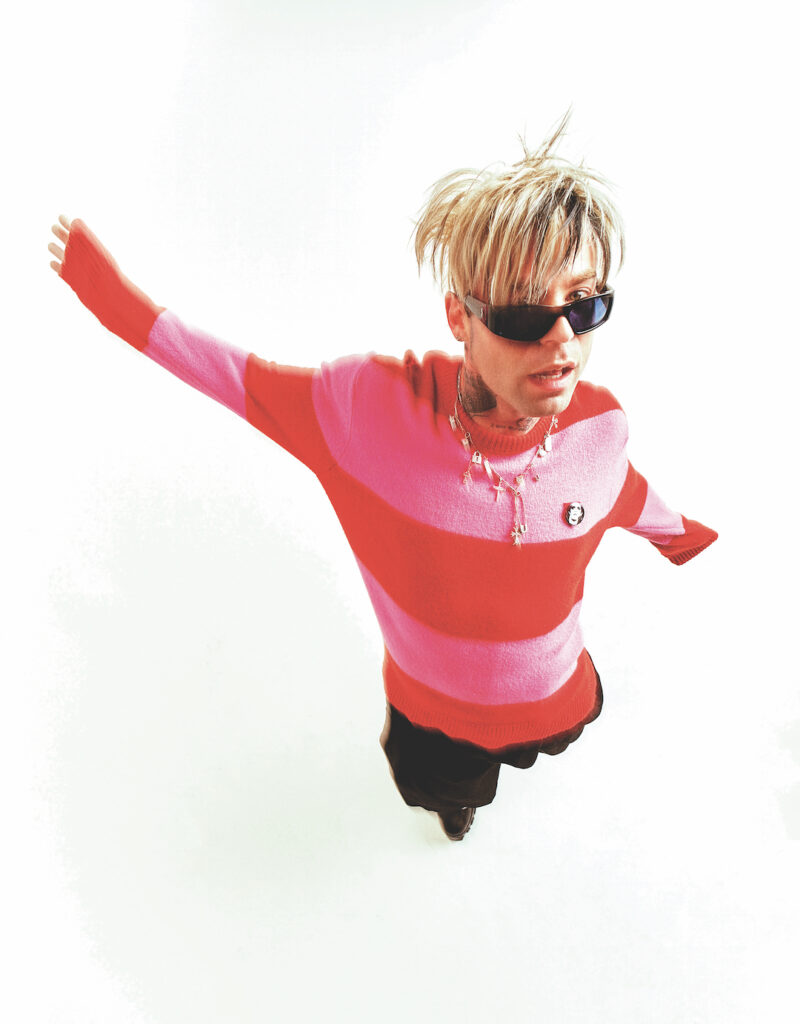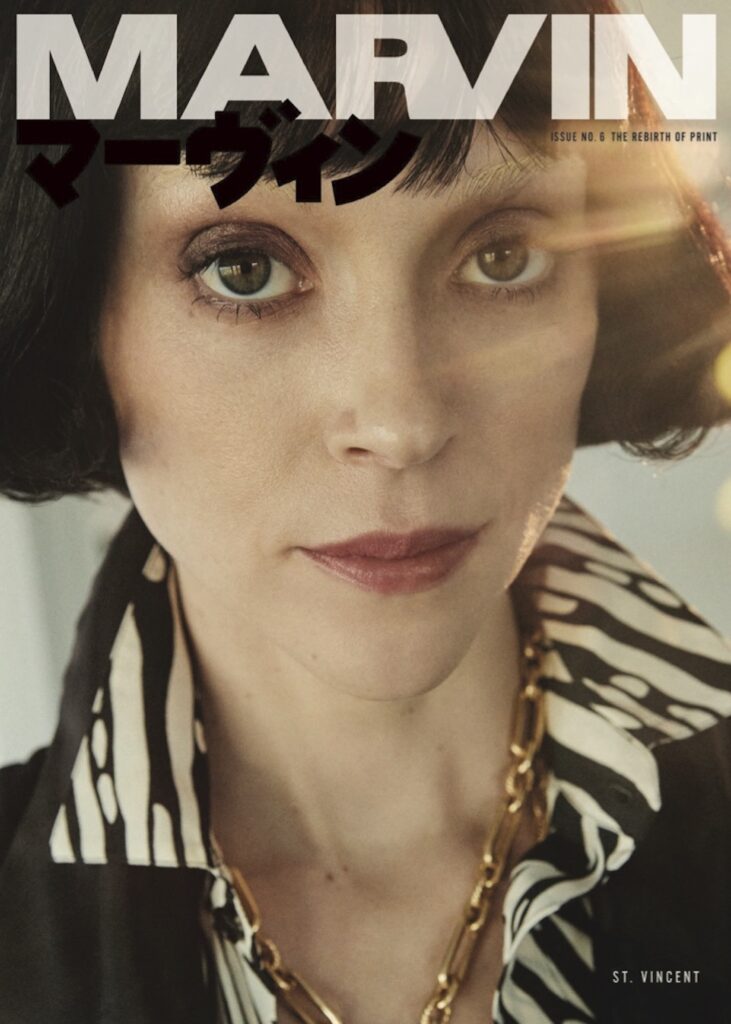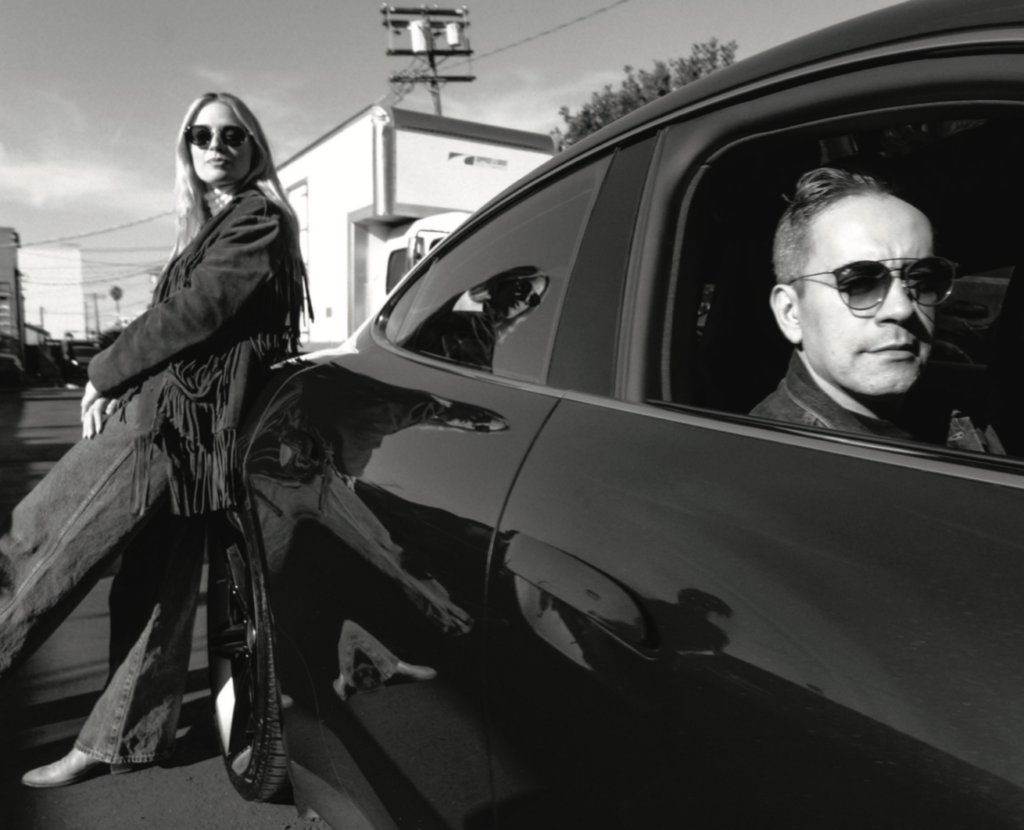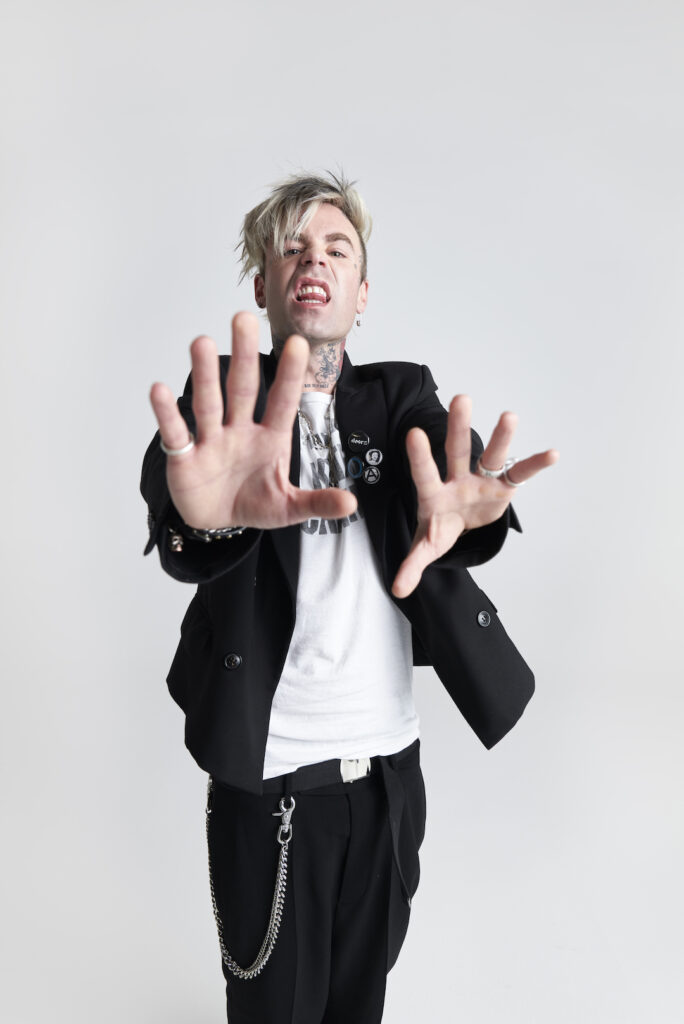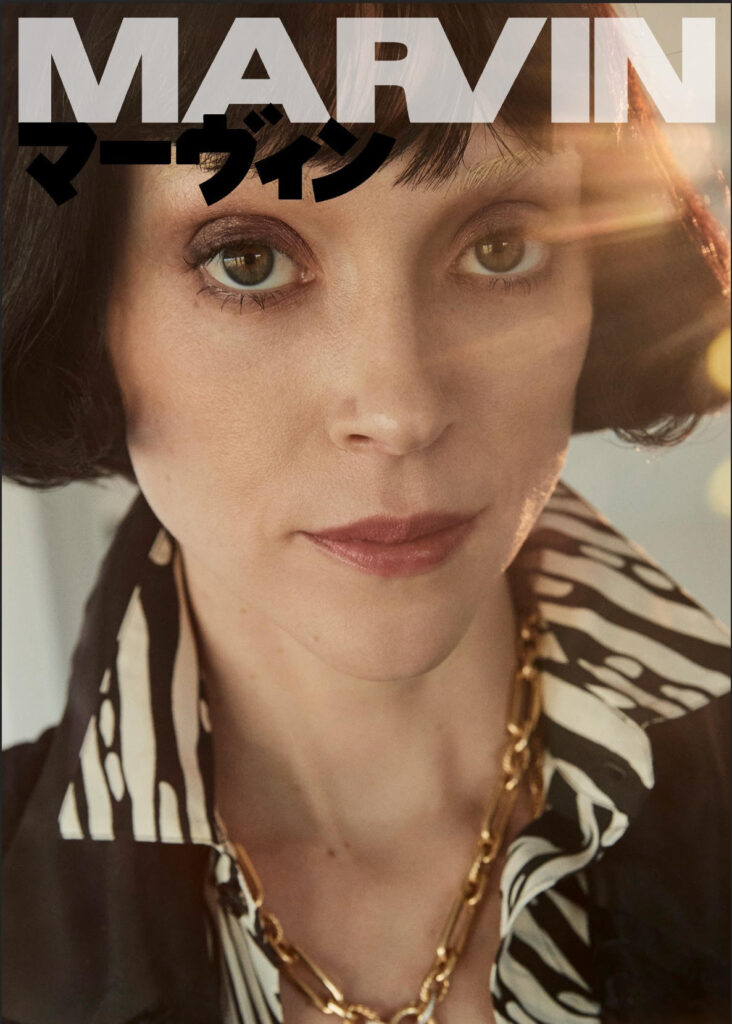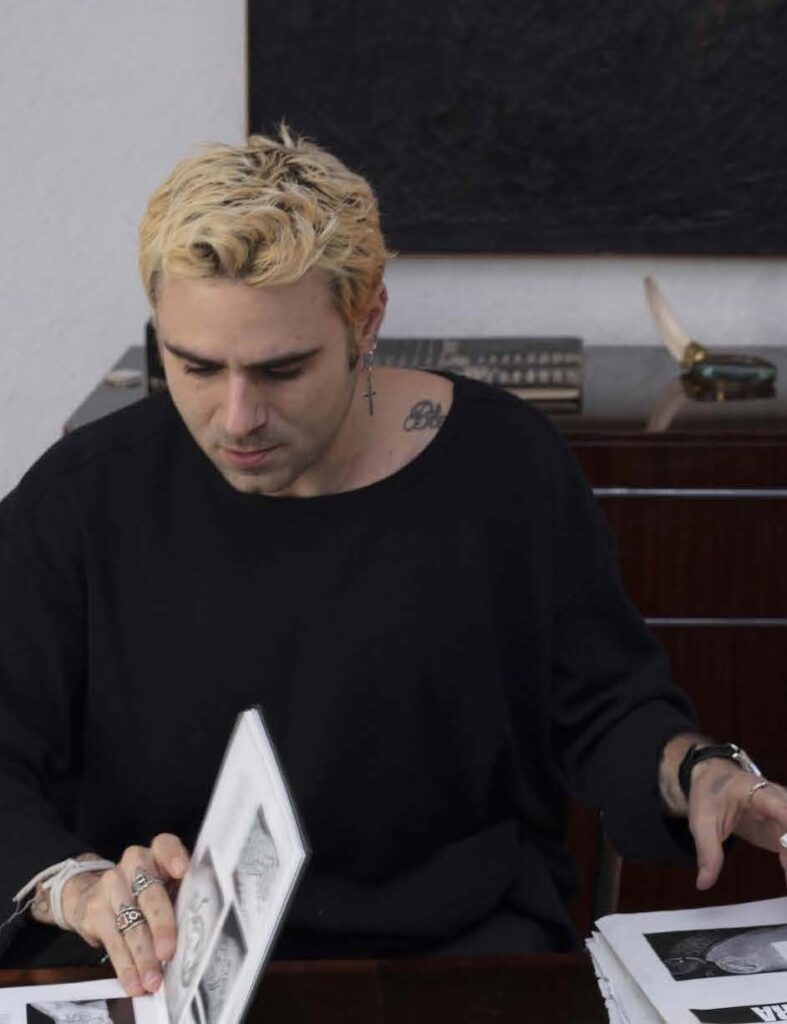Dave Gahan Takes on Covers and Collaborates with Soulsavers on His Latest Album ‘Imposters’
Listeners will hear his signature bellow tackle tracks by a hodgepodge of varied and unlikely artists. From country crooner Gene Clark to indie singer-songwriters PJ Harvey and Cat Power; from folk legends Bob Dylan and Neil Young to Elvis in his 70s torch song era. Even Charlie Chaplin. Gahan’s cryptic voice perfectly captures the subtext of desperation and melancholy in his Depression-era standard “Smile”.
The album is a collaboration between Gahan and Soulsavers, the production and remix team comprised of Rich Machin and Ian Glover. This is the third album Gahan has made with Soulsavers, but the first made up strictly of covers. They recorded it at the mythic studio Shangri-La in Malibu, owned and operated by famed producer Rick Rubin. The album has a genuineness and soulfulness that wasn’t manufactured. They recorded all of the songs the old-fashioned way, live, with a full band, each finished track the result of a completed session. Where Gahan’s work in Depeche Mode is famous for its crystalline, crisp precision, here Gahan is more impressionistic, making for results that are inexact but entirely honest. His voice is as remarkable as ever. On Depeche Mode songs, he often emits a kind of gothic gloom. Here in an entirely different context, you notice other aspects to his timbre, particularly some of the heavy, romantic, even nostalgic tones of an old world crooner. And though the album is his take on old songs, Gahan himself does not like to dwell on the past. He is uninterested in discussing the Depeche Mode glory days or his fame and well-documented struggles with drug addiction. Like many true artists, Gahan was singularly focused on the creative process behind his most recent work. Here, Gahan and Machin call in on Zoom from London to discuss the making of Imposter.
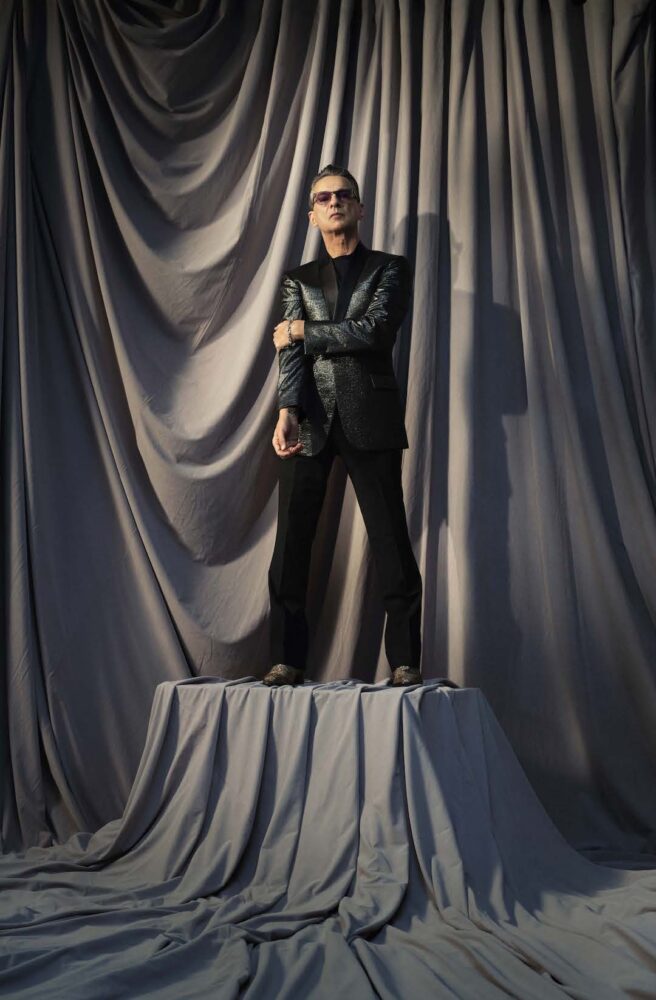
I know the idea to do a covers album had been kicking around your head for some time. What finally brought it about?
Dave: With Soulsavers, we’d made a couple of records together where we’d written the songs together, and there’s a chemistry that’s building between us and the musicians that have played on those records. We’ve done some performances together and some of those performances were pretty special between us. So we had talked about trying to pull something off. Some of the ones that popped up immediately were Mark Lanegan and PJ Harvey. And then suddenly, it was Cat Power and James Carr. I came along and said: “hey, how about ‘Always on My Mind?’”
Is that a personal favorite?
Dave: From the first time I heard it—Elvis’s version and his particular vocal on that track—I always heard a certain feeling in there that you don’t hear so much on some of his other recordings, which is this vulnerability. There’s still the cocksure Elvis that we love, and we want to hear the man that delivers a song that he didn’t write, and that certainly was his.
But there’s also something in there that I very much identify with. There’s a part of it that’s a bit fragile, a bit broken, but certainly longing for redemption and forgiveness, but he’s still solid and can deliver the tune. And Elvis also as a performer; I steal from the best. I’ve always stolen from the best. Why go to anyone else? We’ve got the best there. You’ve got Little Richard, you’ve got Elvis, you’ve got Dave Vanian from the Damned. James Brown. Mick Jagger, people I sat and watched, even as a kid, where I was transfixed.
The album is an incredible showcase for what you can do vocally. What makes a good vocal performance for you? What are you trying to convey?
Dave: Oh, it’s interesting because sometimes I don’t know what that is. I don’t know how to answer that question, even. All I can tell you is that sometimes a certain phrasing, there’s something there that I want to pick at and find where it’s going. And my voice, then I’m searching for a place or way to emote the way that that particular phrase makes me feel. I never know where it’s going to go. I don’t really plan it like that. I’m still learning, and I’m still trying to use my voice to express how I feel. It’s pretty self-indulgent, but that’s what I got. That’s what I got given and I don’t know what else I can do.
Another favorite track from the album is Gene Clark’s “Where My Love Lies Asleep,” I’d never heard it before.
Dave: I mean, it’s one of those songs, where it sits, that I could see how people might overlook it, but it’s a very integral and important part to the sequencing at that point. Actually, when we’ve been rehearsing together this past couple of weeks for some performances, it’s one of the ones where we kind of all look around at each other afterwards and: we nailed that. It’s really one that I love to sing. It changes all the time. Sometimes I sing it and I feel like I’m really in it, and other times I’m just on the outside a little bit, but still looking in. But yeah, it’s one of my favorites. It’s a beautiful song. If you spent the next six months listening to Gene Clark songs, you’d be alright.
The vocal performance on “Lilac Wine” is very raw. What was going through your head when singing it?
Dave: I’ve got to be honest, that was the song I probably spent the most time with prior to recording the record because there’s a vulnerability to it that needs to be had, and I’d been listening constantly, constantly, constantly to Nina Simone’s. And once I removed her from the way I wanted to do it, then I felt like the only way to do it was in a very sort of bare way. And that’s how we ended up recording it. It needed to be a performance from start to finish. And there are elements to that song where we’re not trying to get it perfect, but just capture a moment. That’s important to it. I had to feel like when I’d finished it that I’d really been in it.
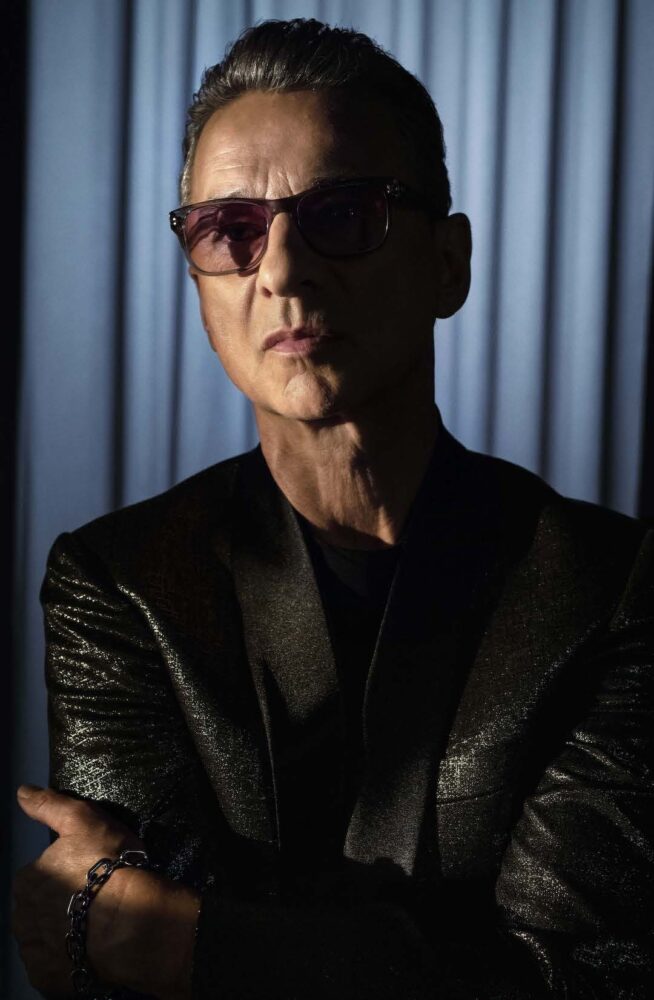
You mentioned sequencing the album. What are you generally aiming for? A roller coaster of emotions? Consistency? Are you trying to tell a story?
Dave: It is all those things you just said. Sometimes, if you’re lucky with the right set of circumstances and songs, they will choose themselves and choose their position. I’m sure it’s similar editing in film, cinematically. It can make or break the way the film falls. It’s the way something is put together—a little too much or not quite enough. It’s usually a little too much that ruins it for me. But you need to know when to cut something and when something is needed—a scene is needed, if you like. The right piece has to be in the right place.
Rich: I think somebody was telling me actually not long ago, a couple of decades ago, that certain artists would actually hire and pay people to sequence the records for them because it’s so important to get it right.
Dave: It certainly can make or break bands. I’m sure there’s many bands that have split up fighting at the end of a record over what ends up on the record and what doesn’t. We also come from that school of thinking about a piece of vinyl and it has two sides. So there are elements, there’s things that come into that. There’s time on vinyl, there’s volume, and there’s ways you listen to something and all that. There’s lots of things that come into it. But I do like this idea of hiring somebody to do that. I think I’d be pretty good at that.
Rich: I was going to say, it’s what I want to do next, my next career.
Dave: Yes. I like the sound of that gig.
Can you tell me a little bit about recording at Shangri-La, Rick Rubin’s beautiful studio in Malibu?
Rich: Well, it’s the experience. I mean, the way that Rick has set that place up, it’s to remove everything else from your world that you don’t need to think about. It’s its own little paradise and you leave everything else at the gates. And when you’re there, you’re just there to do your thing. Everything is very subtly set up to coax the best kind of performance and experience out of you while you’re there. The equipment is second to none, everything is brilliant, but the real joy is just the room itself.
When I walked in there that first morning before we’d set all of our gear up, I just kind of went into the room and kind of stood in the room. There was nobody else there at that point in time. And I really just had this moment of like, I’ve just arrived, I’ve got the usual kind of anxiety that I have as to, oh, how’s this going to go? And it just passed completely. I just had this moment of clarity of like, this is going to go really well. It was just an instant positive vibration in the room. And I’m not like a hippie. I’m quite the opposite, but it just felt like, we’re in the right place to make this record. And it’s very well stripped back to make that happen. It really is like no other studio that I can think of for getting the best performance out of the band.
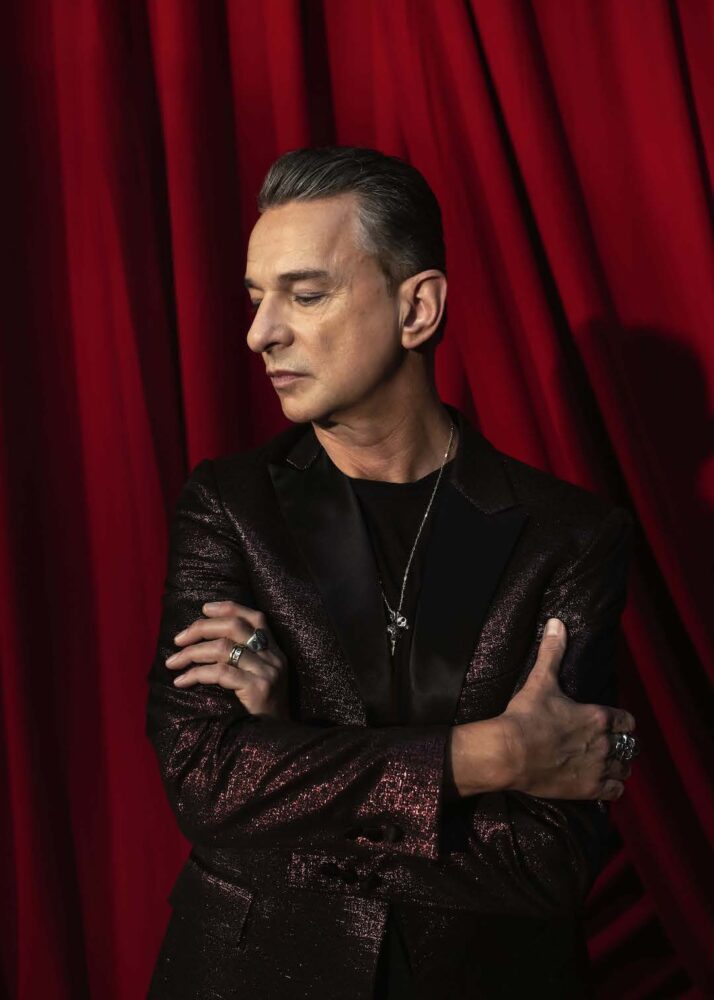
You recorded the album live—everyone in the room together playing the songs. What does that add to the finished work?
Rich: It makes everything a moment. It’s not like a manufactured thing. It’s just a moment in time that you’ve captured, and it comes and it’s gone, and it’ll never be the same. Every song—we probably played it seven or eight times—the first couple would be a little bit bumpy and you kind of catch a groove and it would rise up, and you kind of know when it was going to start to dip off again. And each one would be unique and different. We kind of know roughly when to call it.
And it doesn’t matter if one person was a little off here because it wasn’t about it being perfect. It was about just capturing a real moment in time and documenting that. And that’s a different thing. When you’re all set up individually with headphones on, in different rooms, you’re more inclined to just be thinking about what you’re doing, not vibing off everybody else. It changes the experience of the record completely and makes it more natural. It’s a hundred times more enjoyable.
Dave: Yeah. It just makes you better as well. It makes you try harder and maybe become better at what you do. For me, also it’s being out of your comfort zone, having to have that moment where you know you’ve got a certain amount of time, a window where you can catch something. And you can feel when the energy starts to dissipate, people getting bored, they’re hungry.
Rich: Usually hungry.
Dave: Yeah, usually hungry. It’s time to go to the pub. So you know you’ve got to capture something. Everybody showed up here to just play music together, and we were lucky to be able to do this before this plague hit the world and we all got locked into fear. God knows there’s enough of that anyway. But we got to do this. Will there be another one? We don’t know. We’d like to do another one, and there are some plans. But there’s something that’s sort of exciting to me anyway, that you’ve got this one shot. I’m really excited about that.
@theimposter
